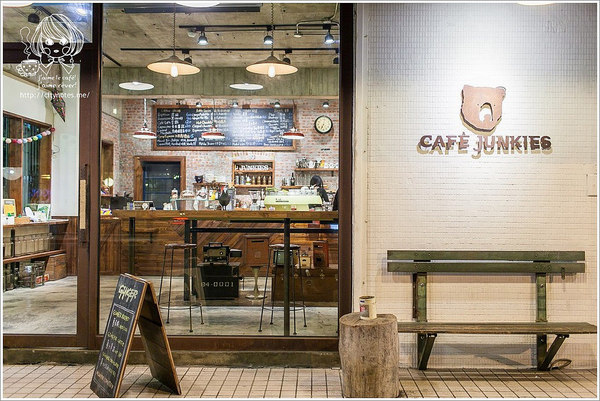China's cafe start-up coffee still lacks a mature business model.
"the cafe is just a platform, a symbol." In yesterday's round table session, whether Su Di, founder of garage coffee, the most influential creator in China, or Li Ruxiong, general manager of local Optics Valley start-up Coffee, expressed astonishingly consistent views on the popularity of starting a business in the form of a coffee shop.

The concept of entrepreneurial coffee, as an imported product, originated in the United States. In order to improve efficiency and save costs, many grassroots entrepreneurs often take a laptop, sit in a coffee shop or garage, negotiate projects, sign contracts and other issues. In fact, in today's China, a lot of business is done in some cafes or teahouses.
The reporter learned that from 2012 to now, nearly 300 start-up coffee have emerged across the country, mainly in Beijing, Shanghai, Shenzhen and other first-tier cities.
How many start-up coffees can be held in a city? In this regard, Su said: the number is not the number, but the popularity of the gathering is not prosperous. The success of Optics Valley Venture Coffee is due to its gathering of a large group of college student entrepreneurs in Wuhan.
Obviously, the profit of a cup of coffee is almost negligible compared to the services provided. So, how does startup coffee make a profit? Dong Jianqiang, secretary-general of the China Entrepreneurship Coffee Alliance, said that after most of the investment and financing were successful, they had nothing to do with entrepreneurial cafes, and entrepreneurial cafes generally did not have a mature profit model.
At present, Chuangka leading garage coffee is a pure public welfare platform. In Su's words: "the original intention is to establish a start-up, venture capital gathering place, garage coffee itself does not have its own investment fund, profits mainly come from book publishing, advertisers and other derivatives income."
Guanggu Venture Coffee takes the route of investment projects. The first is to appear as a communication platform; the second is the function of a small micro incubator; the third is to do training and hire entrepreneurs as mentors; the fourth is angel investment, which is also its main source of income.
Important Notice :
前街咖啡 FrontStreet Coffee has moved to new addredd:
FrontStreet Coffee Address: 315,Donghua East Road,GuangZhou
Tel:020 38364473
- Prev

Taiwan's super merchants sell hand-brewed coffee for 60 yuan and the assailant hits the market.
Taiwan, March 15 (Xinhua) according to Taiwan media reports, in recent years, Taiwan's hand-brewed coffee market has attracted more and more attention. Supermerchants also push hand-brewed coffee to test the water temperature, with a unit price of 60 NT dollars (NT $, the same below). However, hand-brewed coffee is more exquisite after all, and the brewing process is twice as long as that of ordinary fresh coffee, about four minutes. People taste fresh, but they also need to wait patiently, while watching people rush to the market.
- Next

Coca-Cola's Qiaoya Coffee Beverage hits Beijing Market
Coca-Cola's world's first ready-to-drink coffee brand GEROGIA has recently launched in Beijing.
Related
- What grade does Jamaica Blue Mountain No. 1 coffee belong to and how to drink it better? What is the highest grade of Blue Mountain coffee for coffee aristocrats?
- What are the flavor characteristics of the world-famous coffee Blue Mountain No. 1 Golden Mantelin? What are the characteristics of deep-roasted bitter coffee?
- Can I make coffee a second time in an Italian hand-brewed mocha pot? Why can't coffee be brewed several times like tea leaves?
- Hand-brewed coffee flows with a knife and a tornado. How to brew it? What is the proportion of grinding water and water temperature divided into?
- What is the difference between Indonesian Sumatra Mantinin coffee and gold Mantinin? How to distinguish between real and fake golden Mantelin coffee?
- What does bypass mean in coffee? Why can hand-brewed coffee and water make it better?
- Unexpected! Ruixing Telunsu lattes use a smoothie machine to foam milk?!
- % Arabia's first store in Henan opens into the village?! Netizen: Thought it was P's
- Does an authentic standard mocha coffee recipe use chocolate sauce or powder? Mocha Latte/Dirty Coffee/Salty Mocha Coffee Recipe Share!
- What is the difference between Vietnam egg coffee and Norway egg coffee? Hand-brewed single product coffee filter paper filter cloth filter flat solution!

